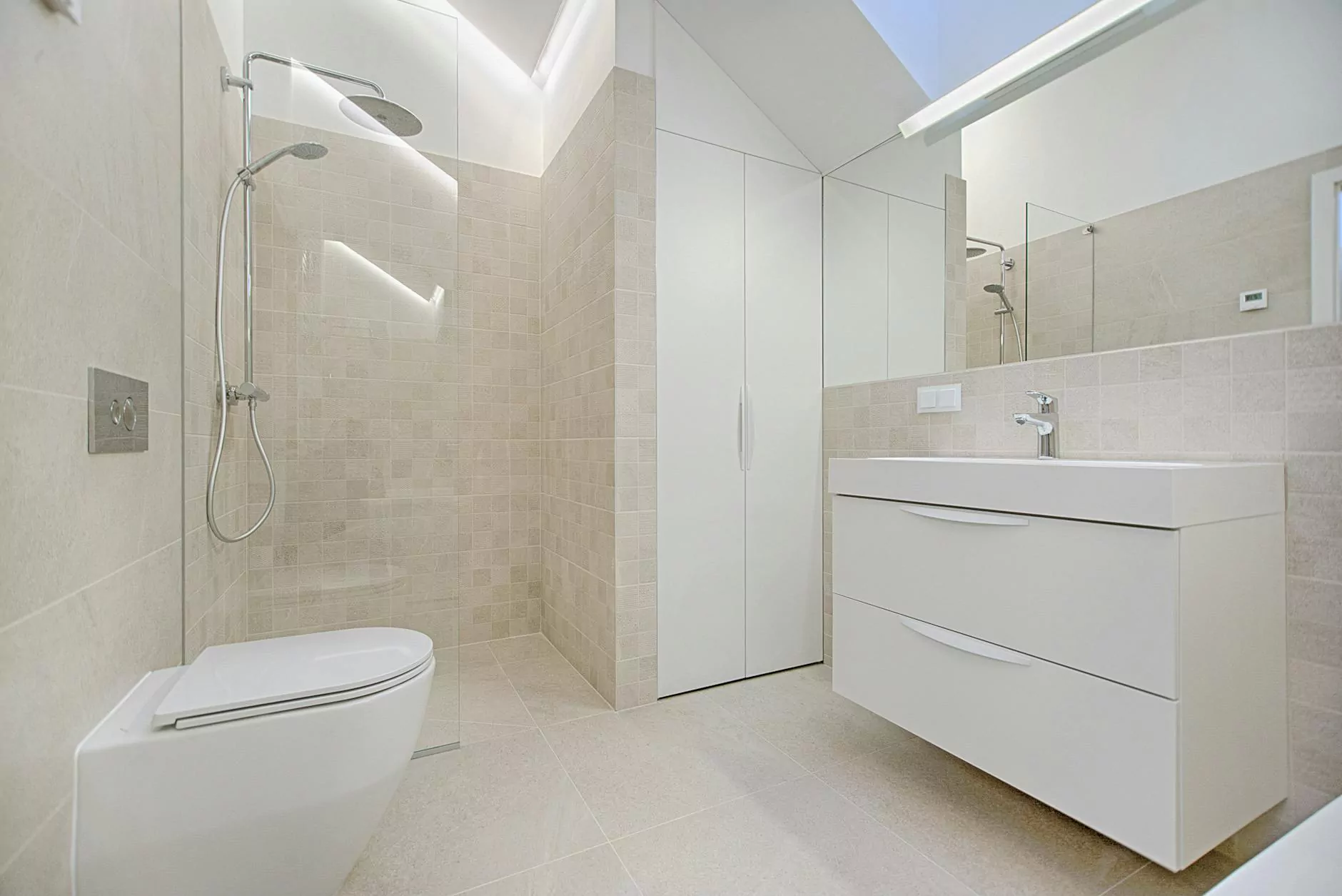100 Amp Panel vs 200 Amp: Choosing the Right Electrical Service for Your Home

When it comes to home electrical systems, one of the most critical decisions you will face is the choice between a 100 amp panel and a 200 amp panel. Each of these options plays a pivotal role in how much electricity your home can handle, which in turn affects everything from your monthly bills to your safety. In this article, we will delve deeply into the comparison of 100 amp panel vs 200 amp, outlining their key differences, benefits, and when each option is most appropriate.
Understanding Electrical Panels
Electrical panels, also known as breaker boxes, serve as the main control center for your home’s electricity. They manage the distribution of power to various circuits throughout the home and are crucial for ensuring safety by preventing overloads. The capacity of the panel, measured in amps, determines how much electrical load the system can handle.
The Basics of a 100 Amp Panel
A 100 amp panel is typically considered adequate for smaller homes or apartments that have less electrical demand. For homes that utilize minimal appliances and lighting, a 100 amp service may suffice. Here are some key features:
- Capacity: Suitable for smaller homes, typically less than 2,000 square feet.
- Adequate for Basic Needs: Ideal for homes with essential electrical appliances, such as lights, a refrigerator, and a few electronics.
- Lower Installation Costs: Generally less expensive to install than higher-capacity panels.
Pros of a 100 Amp Panel
- Cost-Effective: Lower upfront costs make it more appealing for budget-conscious homeowners.
- Simpler Setup: Installation is less complex and can often be completed in less time.
- Meets Basic Requirements: Sufficient for homes with minimal power needs.
Cons of a 100 Amp Panel
- Limited Capacity: May not support modern electrical demands, especially if you plan to upgrade your home's system in the future.
- Potential Overload: Higher risk of circuit overload if too many devices are used simultaneously.
- Not Future-Proof: As technology advances, homeowners might find themselves needing more power.
The Advantages of a 200 Amp Panel
A 200 amp panel is increasingly becoming the standard choice for new home constructions and major renovations, as it offers a greater capacity for handling a larger electrical load. Here are its main characteristics:
- Expanded Capacity: Suitable for larger homes, generally over 2,000 square feet.
- Better for Modern Appliances: Can accommodate high-demand appliances like electric dryers, HVAC systems, and electric vehicles.
- Future-Proofing: Provides the ability to expand and upgrade your electrical system as your needs evolve.
Pros of a 200 Amp Panel
- Greater Flexibility: More circuits can be added, accommodating additional devices and appliances.
- Reduced Overload Risk: Less chance of tripping breakers due to high demand.
- Increased Safety: Modern panels often come with better safety features to prevent electrical faults.
Cons of a 200 Amp Panel
- Higher Initial Cost: More expensive to purchase and install compared to 100 amp panels.
- Complex Installation: Installation requires more extensive changes to existing wiring, potentially leading to higher labor costs.
- Space Requirements: Larger panels take up more space, which might be an issue in smaller homes.
When to Choose a 100 Amp Panel
Deciding whether to go with a 100 amp panel hinges on several factors:
- Your Home Size: If your home is smaller and primarily utilizes basic electrical devices.
- Your Electrical Usage: If your household does not have many heavy-duty appliances or electronic devices.
- Budget Constraints: If you are looking for a more economical solution without plans for expansion or renovation.
When to Opt for a 200 Amp Panel
On the other hand, consider a 200 amp panel if:
- You Own a Larger Home: Homes over 2,000 square feet will benefit from the extra capacity.
- You Use High-Power Appliances: Modern appliances like electric stoves, dryers, and HVAC systems require more circuit capacity.
- You Plan for Future Needs: If you anticipate needing more power due to expanding your home or adding more devices.
Installation Considerations
Regardless of which panel you choose, proper installation is crucial. Here are key considerations when planning your electrical panel installation:
- Hire a Qualified Electrician: Ensure that you work with a licensed and experienced electrician to handle the installation. Improper installation can lead to significant safety hazards.
- Permits and Codes: Check local building codes and obtain necessary permits. Compliance with codes ensures safety and legality.
- Upgrading Service: If you are upgrading from a 100 amp to a 200 amp service, your existing wiring may also need to be evaluated and possibly upgraded to handle the increased load.
Cost Comparison: 100 Amp Panel vs 200 Amp Panel
Understanding the financial aspects of installing either a 100 amp panel or a 200 amp panel is essential.
The average cost for a 100 amp panel installation ranges from $800 to $1,500, while a 200 amp panel can cost between $1,200 to $2,500 or more, depending on the complexities involved. Factors that affect pricing include:
- Location: Labor costs vary significantly based on regional rates.
- Existing Electrical System: The condition and compatibility of your current electrical system can add to costs.
- Panel Brand: The brand and features of the panel itself can impact overall pricing.
Conclusion
In the debate of 100 amp panel vs 200 amp, the right choice largely depends on individual circumstances, including home size, electrical usage, and future needs. For most modern households, a 200 amp panel provides superior capacity and flexibility, making it the preferred choice for those planning for the future. However, smaller homes or those with minimal power needs might find a 100 amp panel to be perfectly adequate.
Ultimately, assessing your electrical needs, consulting with professionals, and considering your future plans will lead you to the right decision. For more guidance and information related to electrical services in your home, don’t hesitate to contact Walls Electrical, your trusted electricians in the industry.







